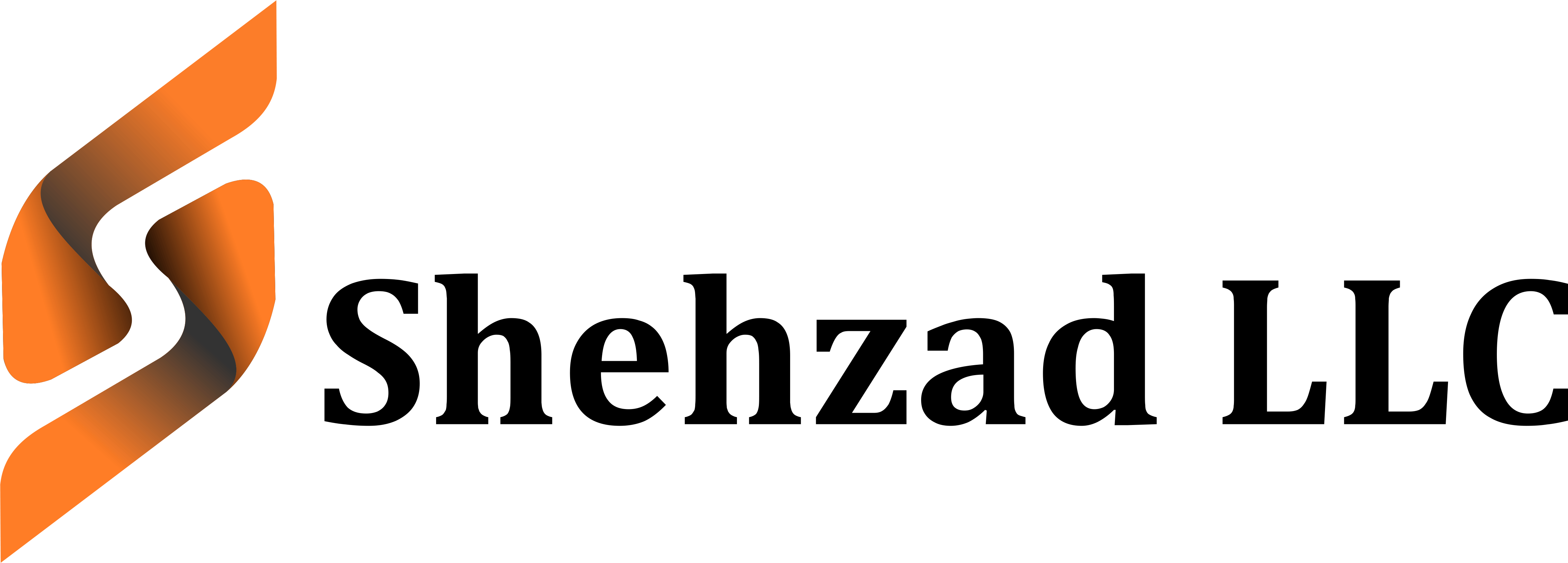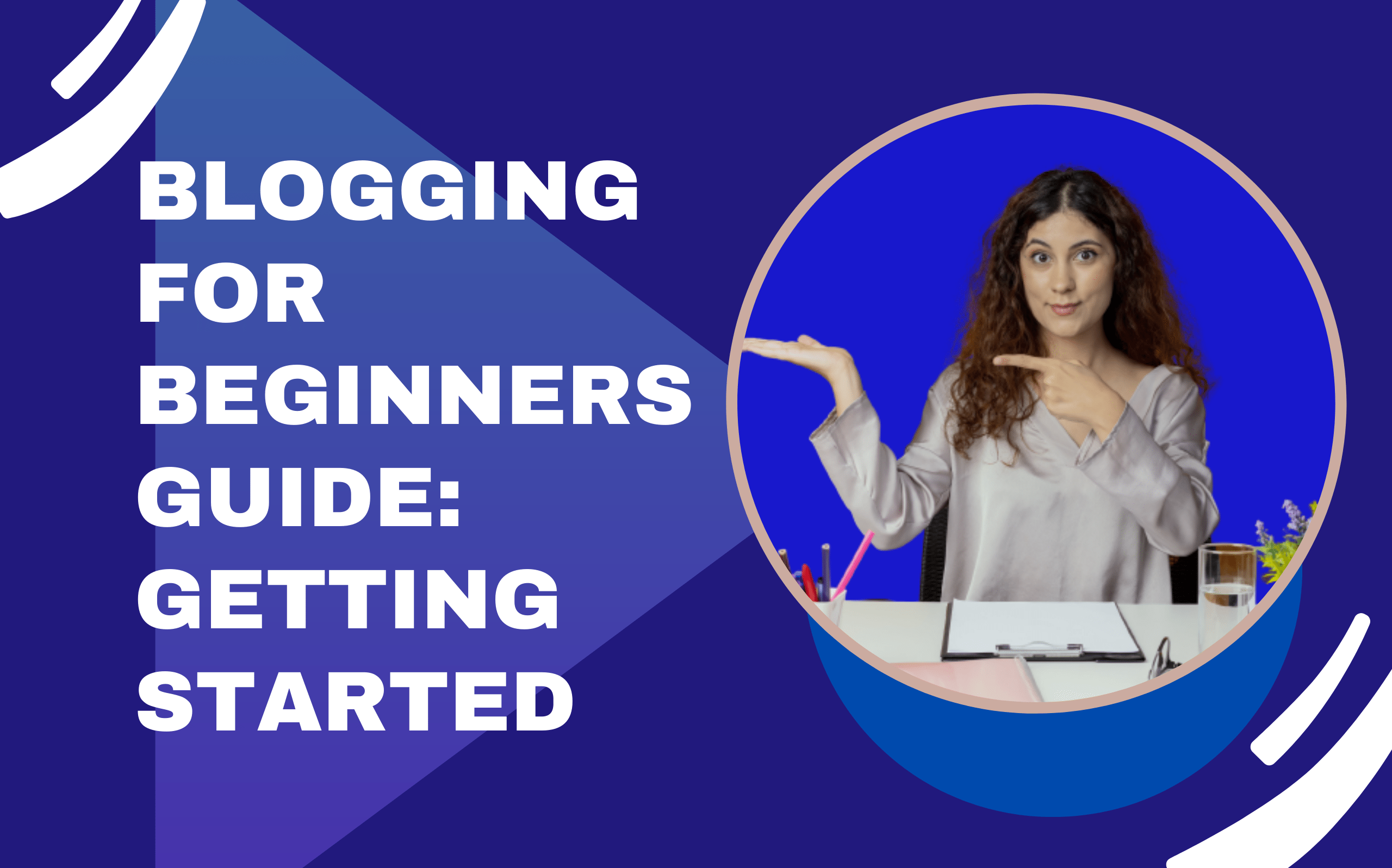Introduction:
Blogging has become a popular form of online communication, allowing individuals and businesses alike to share their thoughts, ideas, and expertise with the world. Whether it’s a personal blog, a business blog, or a hobby blog, there’s something out there for everyone. If you’re interested in starting a blog but aren’t sure where to begin, this Blogging for Beginners guide will help you get started.
In this section, we’ll discuss what blogging is, why it’s important, the different types of blogs, and how to choose a niche and define your target audience. This a complete Blogging for Beginners Guide article and will help you a lot.
What is Blogging for Beginners?
Blogging refers to the act of writing and publishing posts on a website or blog. A blog is essentially an online journal or diary that allows you to share your thoughts, ideas, and experiences with others. It is an excellent way to express yourself, connect with others who share your interests, and establish yourself as an authority in your field.
A blog can cover a wide range of topics, from personal experiences and opinions to industry insights and news. The content can take the form of text, images, videos, or a combination of these. Blogs are typically updated on a regular basis, with new posts added at least once a week.
Benefits of Blogging For Beginners:
There are several benefits to blogging for beginners, including:
- Establishing yourself as an authority in your niche
- Building a community of loyal readers
- Improving your writing and communication skills
- Increasing your visibility online
- Generating leads and sales for your business
- Boosting your search engine rankings
- Providing a platform to showcase your creativity and ideas
Importance of Blogging for Businesses:
Blogging is particularly important for businesses, as it can help them to:
- Establish their brand and differentiate themselves from competitors
- Build trust and credibility with their target audience
- Attract and engage potential customers
- Drive traffic to their website
- Generate leads and sales
- Improve their search engine rankings
- Create a two-way conversation with their customers
Importance of Blogging for Individuals:
Blogging is also important for individuals, as it can help them to:
- Build their personal brand and establish themselves as an expert in their field
- Connect with like-minded individuals and build a community
- Share their ideas and opinions with a wider audience
- Improve their writing and communication skills
- Develop a portfolio of their work
- Create a platform to showcase their creativity and ideas
Blogging is a powerful tool for individuals and businesses alike. It allows you to share your thoughts, ideas, and expertise with a wide audience, establish yourself as an authority in your niche, and build a community of loyal readers. Whether you are blogging for personal or professional reasons, the benefits of blogging are numerous and varied.
Types of Blogs
There are several different types of blogs, each with its own unique focus and purpose. Some of the most common types of blogs include:
Personal Blogs:
These blogs are created by individuals who want to share their personal experiences, thoughts, and ideas with others. Personal blogs can cover a wide range of topics, from cooking and travel to parenting and politics.
Business Blogs:
These blogs are created by businesses and organizations to promote their products or services, establish themselves as thought leaders in their industry, and build a loyal following of customers and clients.
Niche Blogs:
These blogs focus on a specific topic or niche, such as health and fitness, personal finance, or technology. Niche blogs are a great way to establish yourself as an expert in your field and attract readers who are interested in your topic.
News and Media Blogs:
These blogs cover the latest news and events in a particular industry or field. They are a great way to stay up-to-date on the latest trends and developments in your industry.
Affiliate Blogs:
An affiliate blog is a blog that promotes other people’s products or services and earns a commission for any sales made through the blogger’s unique affiliate link.
Each type of blog has its own unique benefits and can be used to achieve different goals. Understanding the different types of blogs can help you choose the best approach for your own blog and ensure that your content resonates with your target audience. It is very important to know the different types of blogs as a beginner.
Choosing a Niche
Choosing a niche is an essential step in creating a successful blog and a very important step in blogging for beginners.
What is Niche?
A niche is a specific area of focus that your blog will cover, such as cooking, personal finance, or travel. By choosing a niche, you can establish yourself as an expert in your field and attract a loyal following of readers who are interested in your topic.
Steps for Choosing a Niche as a Beginner Blogger
When choosing a niche for your blog, there are several factors to consider.
Step 1: Identify your passions and interests
The first step in choosing a niche for your blog is to identify your passion and interests. Consider the topics that you are most passionate about and that you have a deep knowledge of. This will ensure that you can create high-quality content that resonates with your readers and establishes you as a thought leader in your field.
Step 2: Research your potential audience
Once you have identified your passions and interests, the next step is to research your potential audience. You want to choose a niche that has a large potential audience but is not so broad that you are competing with established players in the market. Use tools like Google Trends, social media, and keyword research to identify popular topics and potential audiences.
Step 3: Narrow down your niche
Based on your research, narrow down your niche to a specific area of focus. For example, if you are passionate about cooking, you could narrow down your niche to vegan cooking or gluten-free baking. This will help you establish yourself as an expert in your field and attract a loyal following of readers who are interested in your topic.
Step 4: Define your target audience
Once you have chosen your niche, the next step is to define your target audience. Consider factors such as age, gender, location, interests, and profession. By understanding your target audience, you can tailor your content to their needs and interests, and ensure that your blog resonates with them.
Step 5: Create high-quality content
Finally, create high-quality content that resonates with your target audience. Use your knowledge and expertise to create content that is valuable, informative, and engaging. By consistently creating high-quality content, you can build a loyal following of readers who trust and respect your opinions and establish yourself as a thought leader in your field.
How to define your target audience?
Defining your target audience is an essential step in creating a successful blog. Here are some steps to follow to define your target audience:
- Demographics: Start by looking at the demographics of your potential audience, such as age, gender, income, and location. This will give you a better understanding of who your audience is and what their needs and interests are.
- Interests: Consider the interests of your potential audience. What are they passionate about? What topics do they enjoy reading about? What are their pain points and challenges?
- Behaviors: Look at the behavior of your potential audience. How do they consume content? Are they more likely to read blog posts, watch videos, or listen to podcasts? Do they spend much time on social media or other online platforms?
- Motivations: Consider the motivations of your potential audience. What drives them to seek out information and solutions? What are their goals and aspirations?
- Competition: Look at the competition in your niche. Who is already targeting the same audience? What are they doing well, and where are there gaps in the market that you can fill?
By considering these factors, you can create a detailed profile of your target audience. This will help you tailor your content to their needs and interests, and ensure that your blog resonates with them. As you create content and engage with your audience, continue to refine your understanding of your target audience and adjust your approach as needed.
Tools you can use to Target your Audience as a Beginner Blogger
There are several tools that you can use to target your audience for your blog:
- Google Analytics: Google Analytics is a powerful tool for blogging beginners that can help you track and analyze the behavior of your website visitors. It can give you insights into your audience’s demographics, interests, and behavior, which can be useful for targeting your content to their specific needs.
- Social media analytics: Most social media platforms offer analytics tools that can help you understand your audience. These tools can give you insights into the demographics, interests, and behavior of your followers, which can be useful for targeting your content on social media.
- Keyword research tools: Keyword research tools like Google Keyword Planner, Ahrefs, and SEMrush can help you identify the keywords and phrases that your target audience is searching for. By incorporating these keywords into your blog posts, you can increase the chances that your content will appear in search engine results and attract the right audience. it is very helpful for beginner bloggers.
- Surveys: Surveys can be a great way to gather feedback from your audience and learn more about their needs and interests. You can use tools like SurveyMonkey or Google Forms to create surveys and gather responses from your audience.
- Heatmap tools: Heatmap tools like Crazy Egg or Hotjar can help you track how users interact with your website. This can give you insights into the content that your audience is engaging with, as well as the areas of your website that need improvement.
By using these tools, you can gain a better understanding of your audience and tailor your content to their specific needs and interests.
Conclusion:
In conclusion, blogging is a powerful tool for individuals and businesses alike. Blogging is a great way to share your knowledge, connect with like-minded individuals, and establish yourself as an expert in your field. Whether you’re starting a personal blog, a business blog, or a niche blog, choosing a niche and defining your target audience are key to creating content that resonates with your readers. With these tips in mind, you’ll be well on your way to creating a successful blog. Read this article to know everything about blogging for beginners.





